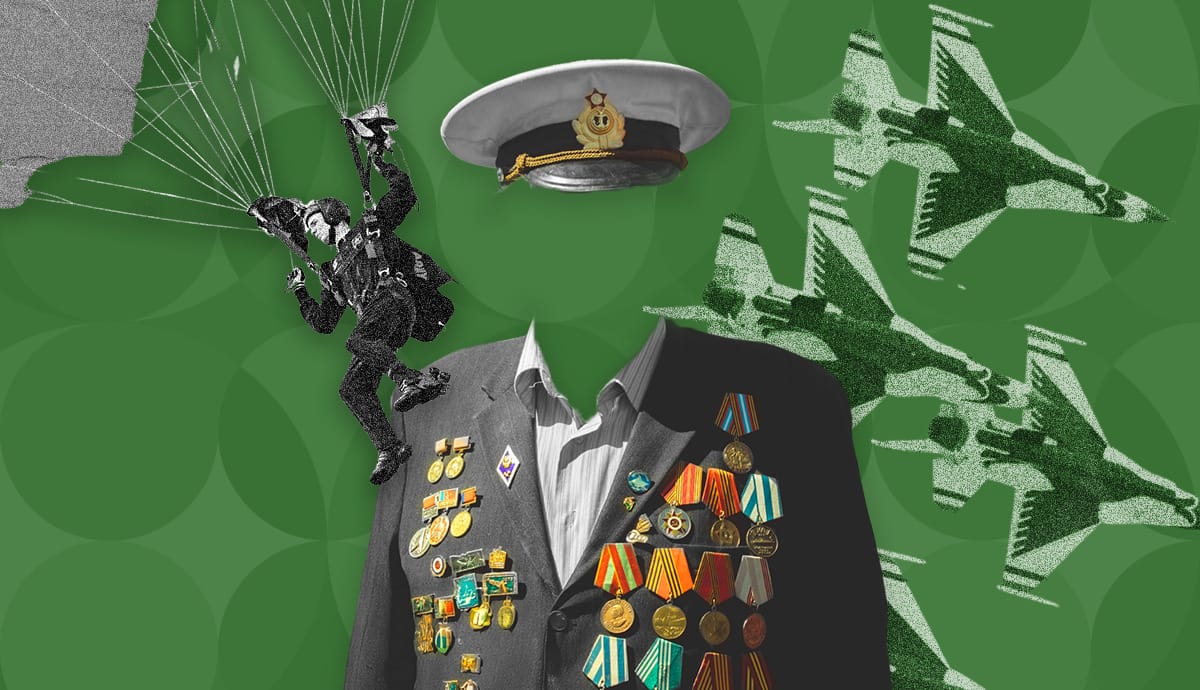Faced with health challenges that traditional treatments often fail to remedy, veterans are increasingly turning to psychedelics for help. Their stories of trauma and healing help humanize their experiences, reduce stigma, and foster essential conversations that broaden acceptance and understanding of how psychedelics can support them.
While over 7,000 U.S. service members have died in combat since 9/11, more than 30,000 veterans and active-duty soldiers have taken their own lives during the same period. Some estimates suggest this number could be significantly higher, reaching upwards of 150,000. This staggering statistic highlights a mental health crisis, one in which veterans face PTSD, depression, chronic pain, insomnia, and other challenges at alarming rates. Many veterans feel abandoned by traditional therapies that often provide only temporary relief.
With increased advocacy and a surge in scientific support, psychedelic-assisted treatments have emerged as a promising pathway for veterans seeking more comprehensive recovery from trauma.
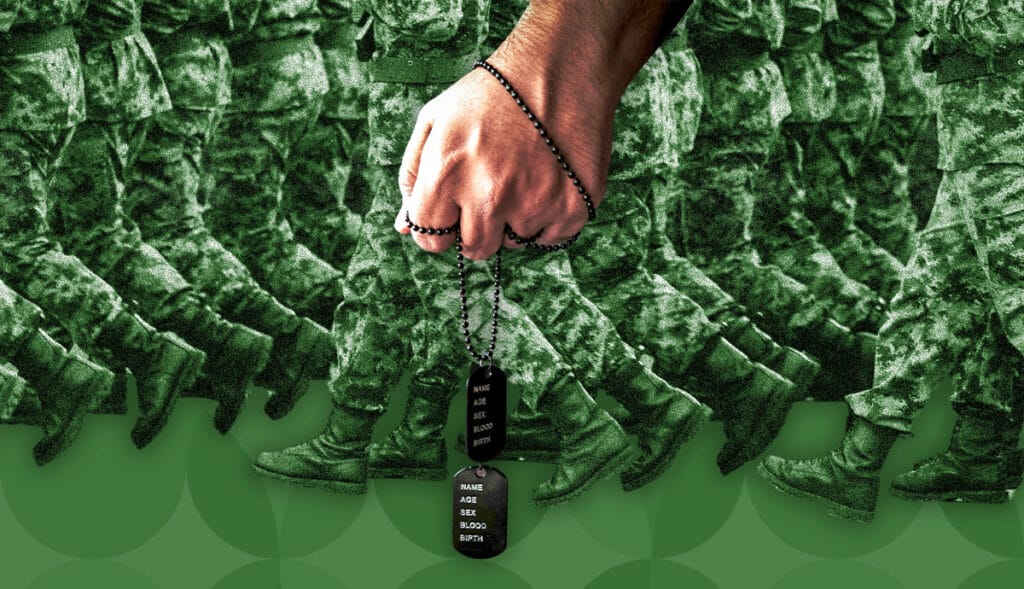
Heroic Hearts Project: Promoting Psychedelic Literacy and Support for Veterans
After leaving combat, former Army Ranger Jesse Gould struggled with severe PTSD. He left his career as an investment banker, sold his belongings, and journeyed around the world in an attempt to find a new way forward.
After an ayahuasca retreat in Peru, Gould says he – finally – found relief from his PTSD symptoms. Invigorated by his experience and the relief he found in plant medicine, Gould founded Heroic Hearts Project, a nonprofit dedicated to supporting veterans and their families in overcoming the impacts of PTSD and military trauma.
“I was at my lowest point, feeling disconnected and hopeless,” Gould told Psychedelics Today. “As my own pain began to lift, I knew I couldn’t keep this journey to myself.”
Heroic Hearts empowers veterans and their loved ones through transformative retreats and encourages them to take control of their healing. The organization fosters community and provides support for veterans as they undertake the challenging work of processing trauma and reclaiming peace, Gould says. It builds ‘psychedelic literacy’ through education on preparation, integration, and safe practices for maximizing benefits.
“When veterans have these big psychedelic experiences during a retreat, no matter what, they will have lasting changes,” Gould explains. “They gain new perspectives on how they view themselves and the world.”
Bridging the Psychedelic Knowledge Gap for Veterans
Ensuring veterans have not only have access to a community, but that they’re armed with a strong foundation of psychedelic therapy, integration, and risk reduction is crucial to ensuring their relief is durable, says author and educator Matt Zemon MSc.
A new book, The Veteran’s Guide to Psychedelics, written by Zemon in collaboration with Heroic Hearts and clinically reviewed by Ken Weingardt, PhD, was recently published to help bridge this critical knowledge gap. Gould and Zemon kicked off the project after Gould noticed the lack of comprehensive publications tailored for veterans exploring psychedelics.
The clinically reviewed book was designed to equip veterans with knowledge of safe, responsible, and therapeutic psychedelic use, offering insights into a new frontier of mental health care that emphasizes key principles veterans need to understand when exploring psychedelic options responsibly.
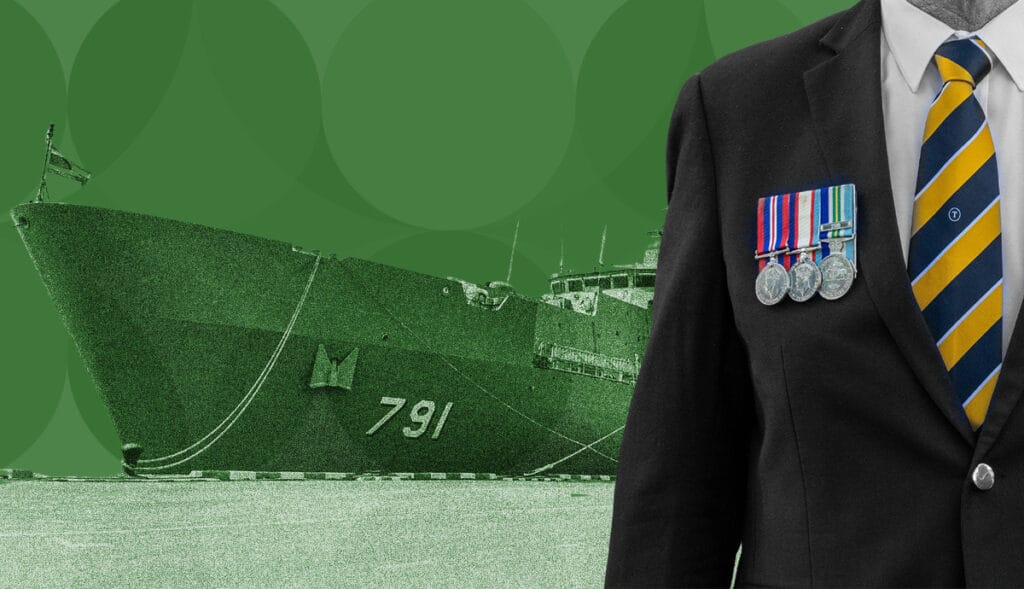
Understanding the Challenges and Potential of Psychedelics for Veterans
Dr. Robert “Bob” Koffman, a retired Navy Captain and psychiatrist, emphasizes the significant gap in addressing the trauma many veterans face.
“For years, like most clinicians, I relied on conventional treatments… but despite our best efforts, the standard approaches often fell short,” he explains.
This realization led him to explore psychedelic-assisted treatments, which he views as potentially transformative for veteran mental health care.
With nearly 40 years in military medicine, including combat experience and public health expertise, Koffman has seen firsthand the limitations of traditional approaches. He believes that psychedelics – particularly those promoting neuroplasticity – can address trauma in ways conventional methods cannot. According to him, these therapies may “not just heal hidden wounds, but by mending the accompanying soul wounds, and save countless families.”
Koffman emphasizes the importance of health literacy for veterans: “It’s about knowing what questions to ask, recognizing the risks, and understanding the potential benefits.”
For him, informed preparation and responsible use are essential for veterans to move from crisis to genuine transformation and long-term wellness.
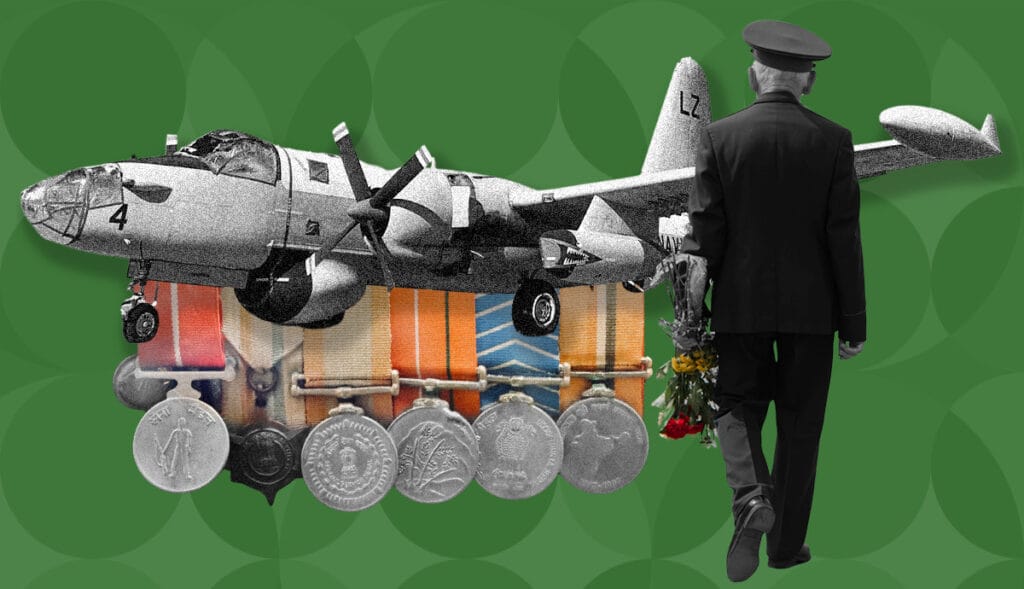
The Power of Openly Sharing Veteran Stories
According to Zemon, openly sharing stories is a powerful force for fostering understanding and encouraging other vets to explore new avenues of healing. Many veterans who have turned to psychedelics describe their experiences as life-changing, inspiring fellow veterans to consider new possibilities for their own recovery.
Tom Satterly, Delta Force veteran and co-founder of All Secure Foundation, says psychedelics allowed him to confront trauma in ways conventional therapies could not.
“These treatments have allowed me to break through pain that no other method could touch,” Satterly said.
Steve Keefer, a veteran of the 2nd Ranger Battalion, says his perspective evolved through sacred ceremonies supported by community. “I viewed life as a series of battles, but this attitude strained relationships and led to negativity. Through healing ceremonies, I’ve found fulfillment, peace, and healthier relationships. I’m more in service to others now than I ever was in uniform.”
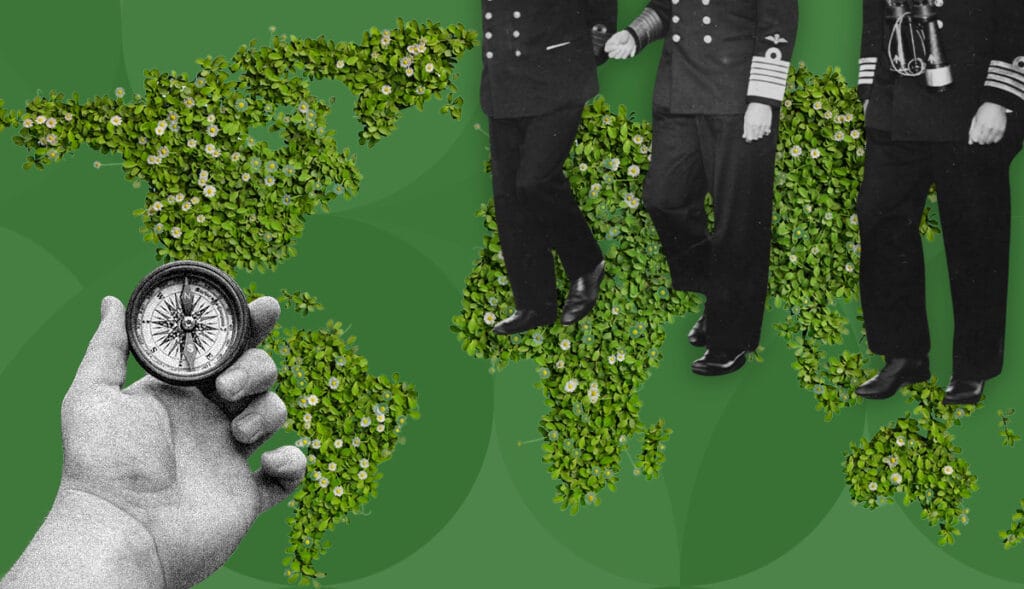
Navigating Psychedelic Risks: Safety and Responsibility for Veterans
“Veterans need a clear understanding of the risks, as well as a strong foundation in preparation, set, setting, and integration – each essential for veterans who choose this path to navigate it successfully,” Zemon said.
Zemon advocates for a proactive approach, encouraging veterans to balance both potential benefits and risks in considering psychedelic-assisted healing.
“While psychedelics offer new possibilities for healing, they must be approached with caution and preparation,” Koffman adds.
The conversation around psychedelics in veteran mental health is evolving, and at its core is an urgent need for psychedelic literacy and supportive resources. Bridging this knowledge gap with science, safety, and empathy equips veterans with the guidance they need. By understanding the critical elements of psychedelic therapy and the organizations that facilitate access, veterans can embark on a healing journey that addresses trauma holistically and cultivates renewed hope.
